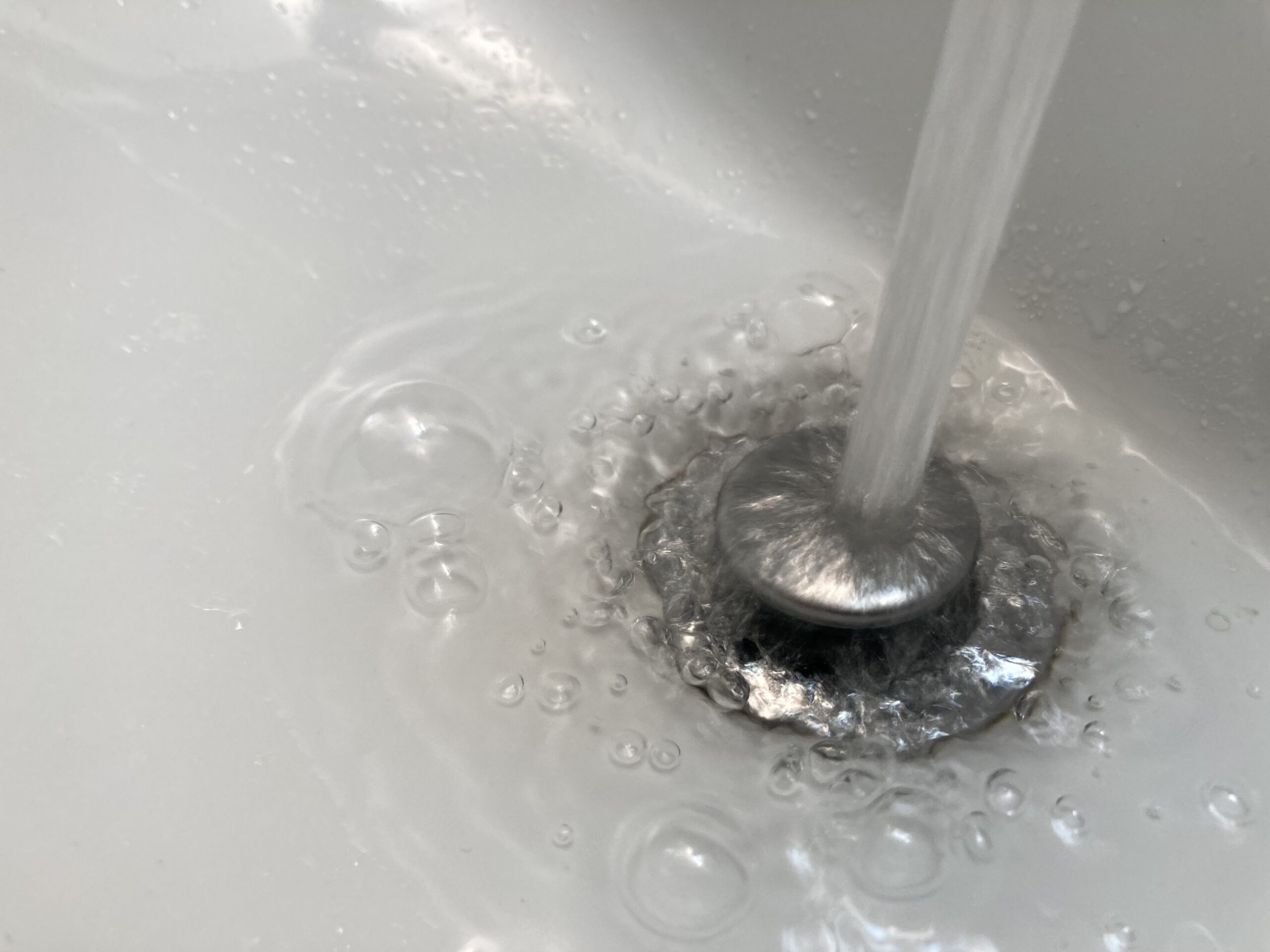Have you ever taken a cold shower intentionally?
My husband loves them and encourages me to take them all the time. I wouldn’t say I liked the idea at first. The feeling is similar to looking over the ledge of a height you are about to jump off. You have to hype yourself up and force yourself to breathe through it, but by the end of the shower, I am so glad I did it. You might be thinking, why do people torture themselves like that? Cold exposure has many benefits, and the scientific literature provides evidence to support it.
Here are 3 top benefits of taking a cold shower:
Neuroscience: At first, adrenaline (epinephrine) and noradrenaline (norepinephrine) are released into your bloodstream, causing respiratory and heart rates to increase. Soon after, there is a prolonged release of dopamine. Dopamine is a neurotransmitter/hormone that elevates mood, increases energy, and enhances focus. While you are taking your shower, you might even start laughing because of the release of dopamine. This increase in dopamine enables you to wake up and boosts your energy in the first part of the day. Doing hard things also builds stress resilience. Practicing this helps you become mentally stronger for stressful situations that will occur in the future. We have to build our resilience to stressful events because we know we will never have a completely stress-free life.
Metabolism: When cold water hits your skin, receptors send a signal to the hypothalamus, the body’s temperature regulator. The hypothalamus signals your muscles to shiver, which activates the brown fat in your body to increase internal body temperature. This action takes energy, therefore burning calories. Cold exposure can also convert white fat to beige or brown fat over time. Brown fat is more metabolic than white fat.
The After-drop
You should also be aware of shivering that can occur after you have already gotten out of the shower, called the after-drop. Your blood from your extremities will shunt to your core to keep your vital organs warm. The blood vessels do this by vasoconstriction. Once you get out of the cold water and your body has increased temperature, the vessels will vasodilate, letting the blood return to the extremities. The blood then becomes cold and goes back to the core, decreasing your core temperature and causing you to shiver again.
Immune system: Some studies can support that releasing epinephrine increases your immunity. Andrew Huberman refers to a study in his podcast where individuals who took a cold shower before being exposed to E. coli were able to fight off the bacteria better than the group who did not. In contrast, Dr. Huberman noted that resting and taking it easy is excellent advice if you already feel ill. Do not challenge your body with cold exposure if you are feeling sick. This way, your body can focus all its energy on fighting the infection, illness, etc.
So, what’s the best way to take a cold shower?
It is crucial for safety that the temperature of the water is uncomfortably cold for you but not dangerously cold. The temperature may vary per person. You want to prevent cold shock from happening, but you want it to be challenging enough that it is a mental struggle to stay in the shower.
Optimally, you want to take a cold shower for 1-5 mins, 2-4 times a week. You can do this more if desired, but go at your own pace. The best time to take this shower is earlier in your day because this causes the body to warm itself back up. Increasing internal temperature isn’t ideal for sleep because your body decreases your internal temperature to fall asleep. So, it is recommended not to do this at night or before bed.
Will you take a cold shower?
During the first 30 seconds of cold exposure, your body will tell you, “You can get out; you don’t have to do this.” The prefrontal cortex influences these thoughts. Andrew Huberman describes the prefrontal cortex function as what tells your impulsive thoughts *shhhhh*. The prefrontal cortex suppresses or plans out impulsive thoughts. If you push through those first 30 seconds, your breathing will slow down, your body will begin to relax, and it isn’t as bad; you might start to enjoy the shower.
Lord, thank you for allowing us to research, study, and learn. Thankyou for the reader and their interest in learning more about how our body works. May knowledge always draw us to praise you. You are the only one that deserves praise. Amen.
SOURCES
Huberman, A. (2023a, May 31). Ama #7: Cold exposure, maximizing REM Sleep & My Next Scientific Studies. Spotify. https://open.spotify.com/episode/18yKZd4WC1uIKTL6IUijsh?si=Lz2qb2C5Spa4VLmcqvmmPA
Huberman, A. (2023, October 8). The Science & Use of Cold Exposure for Health & Performance. Huberman Lab. https://www.hubermanlab.com/newsletter/the-science-and-use-of-cold-exposure-for-health-and-performance Huberman, A. (2023b, November 30). Benefits of cold exposure, shivering, and brown fat | Dr. Susanna Søberg & Dr. Andrew Huberman. YouTube. https://www.youtube.com/watch?v=oX6dqlb35KE

